Isotype control antibodies optimise study performance & data analysis in therapeutic antibody research, which is key to drug development.
Why should you use Isotype Control Antibodies – MBL
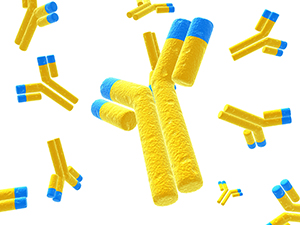

Isotype control antibodies optimise study performance & data analysis in therapeutic antibody research, which is key to drug development.
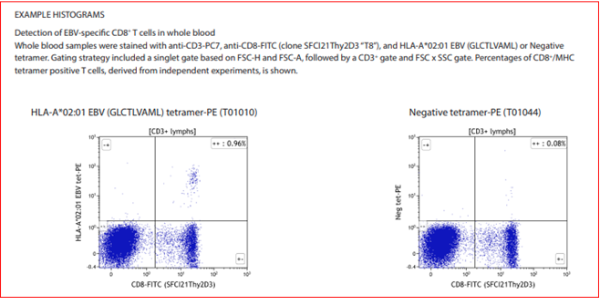
Negative controls aid precision of immune response monitoring. For HLA-A*02:01 alleles, MBLI offers a “Negative Tetramer” in BV421, PE or APC.
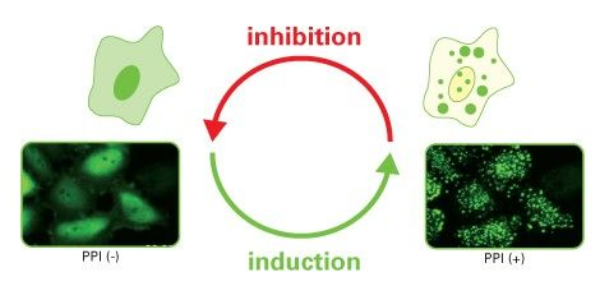
MBLI’s innovative technology, Fluoppi, simplifies the visualisation of protein-protein interaction.
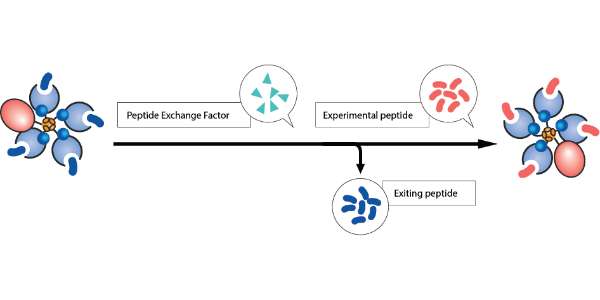
Research findings indicate that neoantigens have the potential to activate tumour-specific T-cell-mediated anti-tumour immune responses.
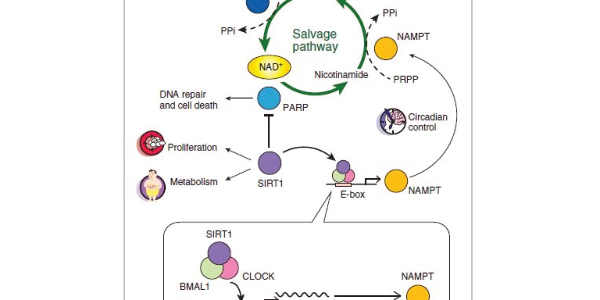
CycLex NAMPT Colorimetric Assay Kit detects nicotinamide phosphoribosyltransferase (NAMPT) activity in recombinant NAMPT or endogenous NAMPT immunoprecipitated from cell extract.
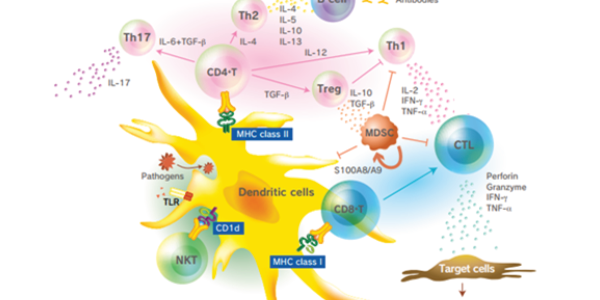
QuickSwitch™ Class II Tetramer Peptide Exchange and Quantitation Kit utilises a patented technique for exchanging up to ten peptides on an MHC Class II Tetramer.
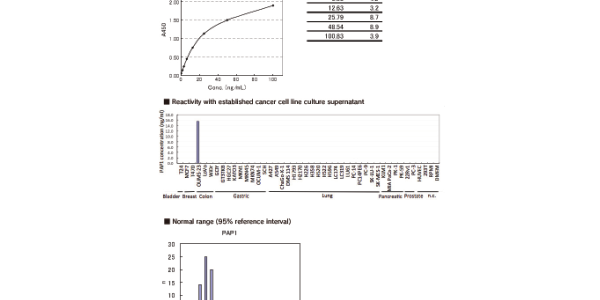
The Ab-Match series by MBL are innovative ELISA kits for the detection of cancer antigens. These convenient kits come with all the necessary components for successful detection.
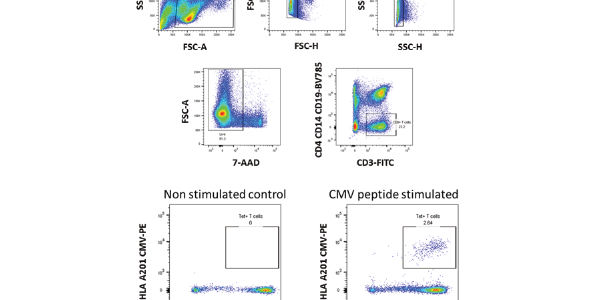
Investigators have developed a gating strategy that effectively minimises non-specific staining by incorporating a dump channel.
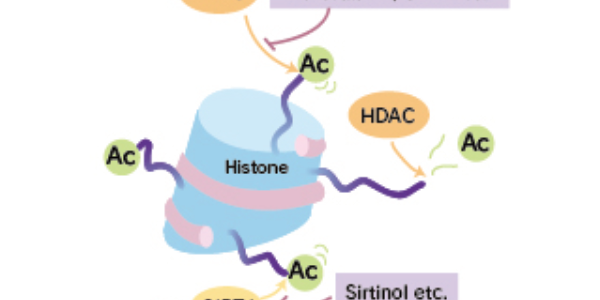
Histone deacetylase (HDAC) plays a pivotal role in the regulation of gene expression through the modification of nucleosome structure.
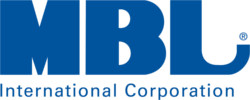
The significance of antibody-based in vivo studies For both research and therapeutic purposes, antibodies can be used to affect cellular processes in vivo and are referred to as functional/in vivo grade antibodies. There is a wide range of applications for